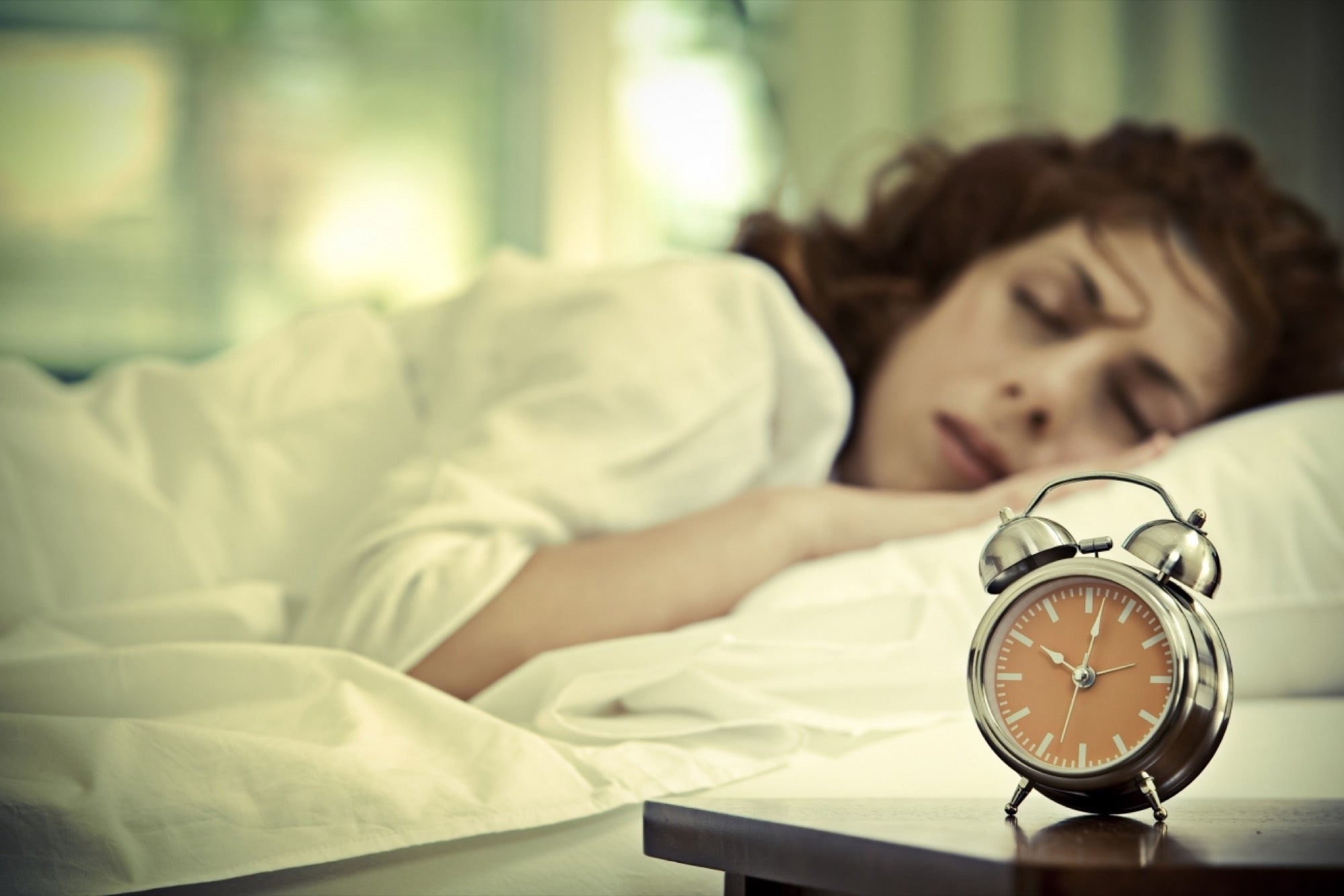Being a Morning Person Is in Your DNA, Says 23andMe The results of the new study point to 15 different DNA locations associated with being "a morning person."
This story originally appeared on Fortune Magazine

Not really a morning person? Turns out, part of that may be baked into your DNA, according to new research by genetic analytics company 23andMe.
The results of the new study, published Tuesday in Nature Communications, point to 15 different DNA locations associated with being "a morning person."
To pinpoint those genetic factors, researchers culled data from a massive sample of more than 89,000 23andMe customers around the world who agreed to be part of the research. Those customers all gave 23andMe saliva samples from an at-home sampling kit in exchange for online reports about their own DNA. The participants also said whether they thought they were a "morning person" or not. And turns out most of those 23andMe-ers aren't morning people at all: 56 percent of those studied said they're night owls.
The most likely candidates for more chipper DNA? Women and people over 60. Morning people were also less likely to report depression, insomnia, or need more than eight hours of sleep. And they're slimmer too.
While the 23andMe researchers are quick to point out that doesn't mean being a morning person causes lower weight or leads to less depression, this correlation could lay a foundation for the company to do more research into the DNA processes at work in diseases like obesity. CEO Anne Wojcicki has said she expects the company will eventually make most of its money in drug research.
"With the information we have, we can uncover the genetics behind a variety of conditions and diseases, and hopefully reach a better understanding of how we differ from one another," David Hinds, senior research scientist at 23andMe and a co-author of the paper said in a release.
The saliva kits haven't come without controversy though. The FDA put a stop to some of the genetics company's saliva testing back in 2013, saying it was concerned about the accuracy of 23andMe test results. In October 2015, the company was granted approval to continue shipping their at-home kits with a more limited set of genetic tests.
23andMe CEO Anne Wojcicki told Fortune recently that consumers "want people to get access to their data." So far, over 80 percent of her 1-million-plus customers have agreed to take part in studies like this one.










